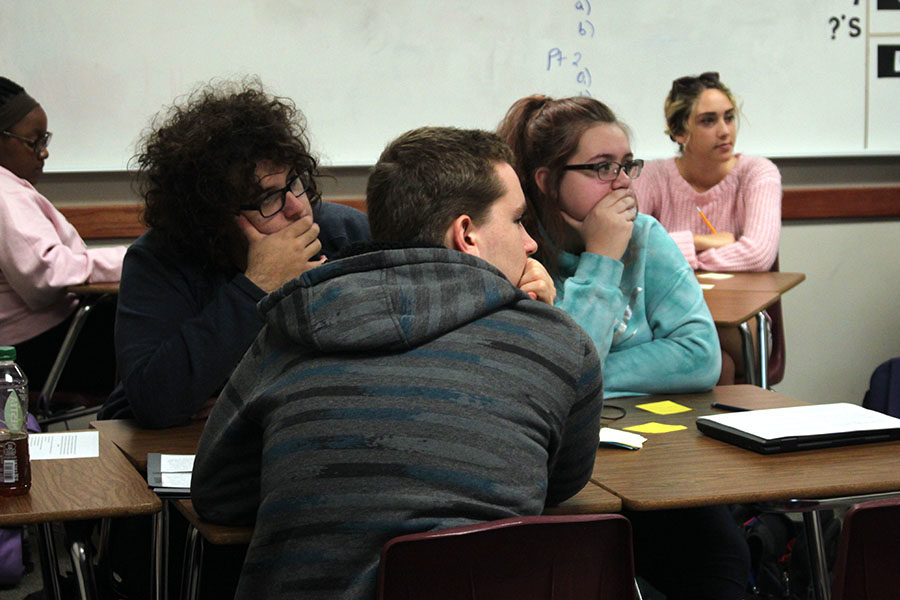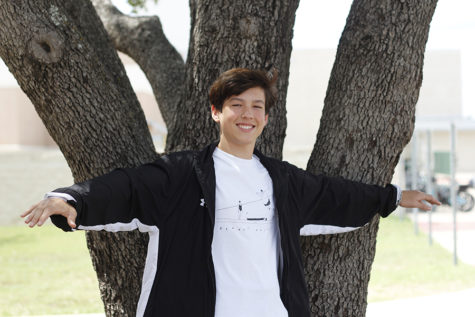Club Column: Speech and Debate Team
November 10, 2017
In debate, there are two groups of competitions, speech or interpretive, called interp for short. Interp has many competitions including dramatic interpretation, poetry and prose pieces that revolve around the competitor reading and performing a piece of literature or writing in a more theatrical manner.
“[Interp] is more for students who are theatrical, like acting, and basically are competitive actors,” speech and debate team sponsor Sarah Salinas said. “A lot of times they cover topics that are more taboo or difficult to discuss and it is their way of expressing themselves through a work of literature.”
In debate, the competitors put together arguments using reliable sources and go debate with other schools in competitions. There are many different aspects to debate as well. This includes congressional debate, where a school produces an argument for or against an actual piece of legislation. There is also policy debate that is reliant on a time window and getting as many points and extensions as possible.
“Debate in a nutshell is discussing and defending a particular point of view or issue. For example, you might be debating on something like freedom, one of our topics is over healthcare, whether universal healthcare should be a right for all citizens. [Another] one of our topics is over South Korea and anti-nuclear defense systems,” Salinas said. “Debate is being aware of current events, be it domestic or international, taking a side on the issue even if it is not one that you personally agree with, and going to competition with that topic in mind in debating against other schools.”
Whether it is researching policies, creating counter arguments to use in competition, or just staying caught up with the current news, the debate team is always preparing Salinas said.
“My advanced debaters who are competing at almost every tournament have plenty of time to prepare their cases, to practice [and] have practice rounds almost every single class, so that when they go to competition they should be completely prepared,” Salinas said, “And then when they come back from competition, they can review their strengths and weaknesses and what they need to tweak for the next tournament.”
Junior Jack Asaad said the speech and debate team is a very welcoming place where people can get out of their shells.
“More people are afraid of public speaking than they are of death itself. So it is a very difficult and wild beast to tame, but in all actuality it is a necessity because you are going to need to present in your life,” debater, Asaad said. “My advice is to sock that fear, just sock it in the face it is a very tight knit community, they won’t judge you, they won’t laugh at you, and they will help you grow, I can say this with all honesty.”




